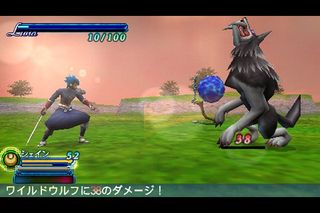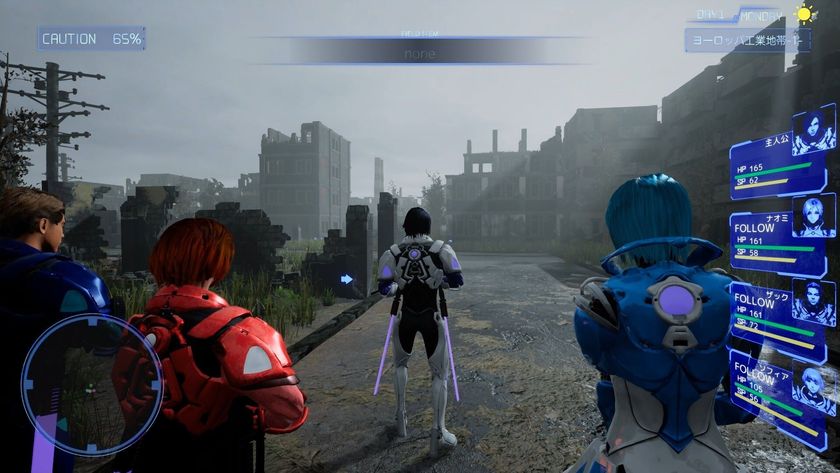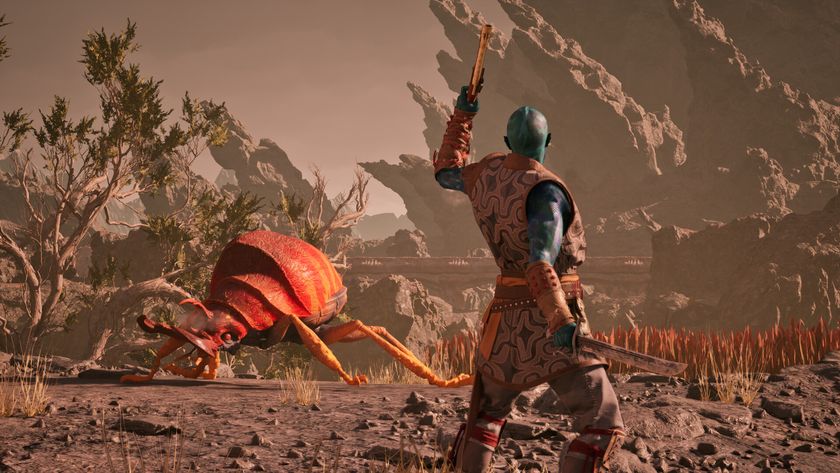Why you can trust 12DOVE
As you're getting in all these fights, your quartet of warriors has to deal with their slowly degrading weapons. Every time you swing your sword or fire an arrow, the weapon takes a hit. Eventually, it breaks and you have to buy a new one. Not very cool when you're waist-deep in some dungeon or tower, now weaponless - though there is a way to preserve your items.

By taking your weapons to an appraiser, you can break them down into their base parts. Once you've done that, you know how to reassemble the item yourself, with no need to buy it again. But you need those parts, which may or may not be easy to acquire. And you have to pay for them, which defeats the whole point of "oh look, I saved a ton of money by making it myself."
Better still is the fact that some item fusions can blow up in your face and you actually lose components. So now you have no sword, no parts and even less money. It's not as damning as it sounds, but it is not fun by any stretch of the imagination. It honestly feels like Blade Dancer wants you to be miserable and just deal with it.
More info
| Genre | Role Playing |
| Description | A few decent ideas sandwiched inside a tortuously boring and demanding adventure. Only the RPG elite should even bother. |
| Platform | PSP |
| US censor rating | Everyone 10+ |
| Release date | 18 July 2006 (US), 18 July 2006 (UK) |
A fomer Executive Editor at GamesRadar, Brett also contributed content to many other Future gaming publications including Nintendo Power, PC Gamer and Official Xbox Magazine. Brett has worked at Capcom in several senior roles, is an experienced podcaster, and now works as a Senior Manager of Content Communications at PlayStation SIE.

Blood of Dawnwalker devs explain how the vampire RPG's "narrative sandbox" builds on what they were "known for crafting" in games like The Witcher 3

Persona and Metaphor: ReFantazio composer's new JRPG gets a Steam Next Fest demo, and it's basically a turn-based Metal Gear Solid

Avowed is nothing like Bethesda's RPGs, but The Elder Scrolls 6 should take inspiration from its combat
Most Popular





